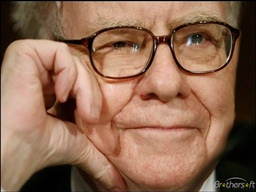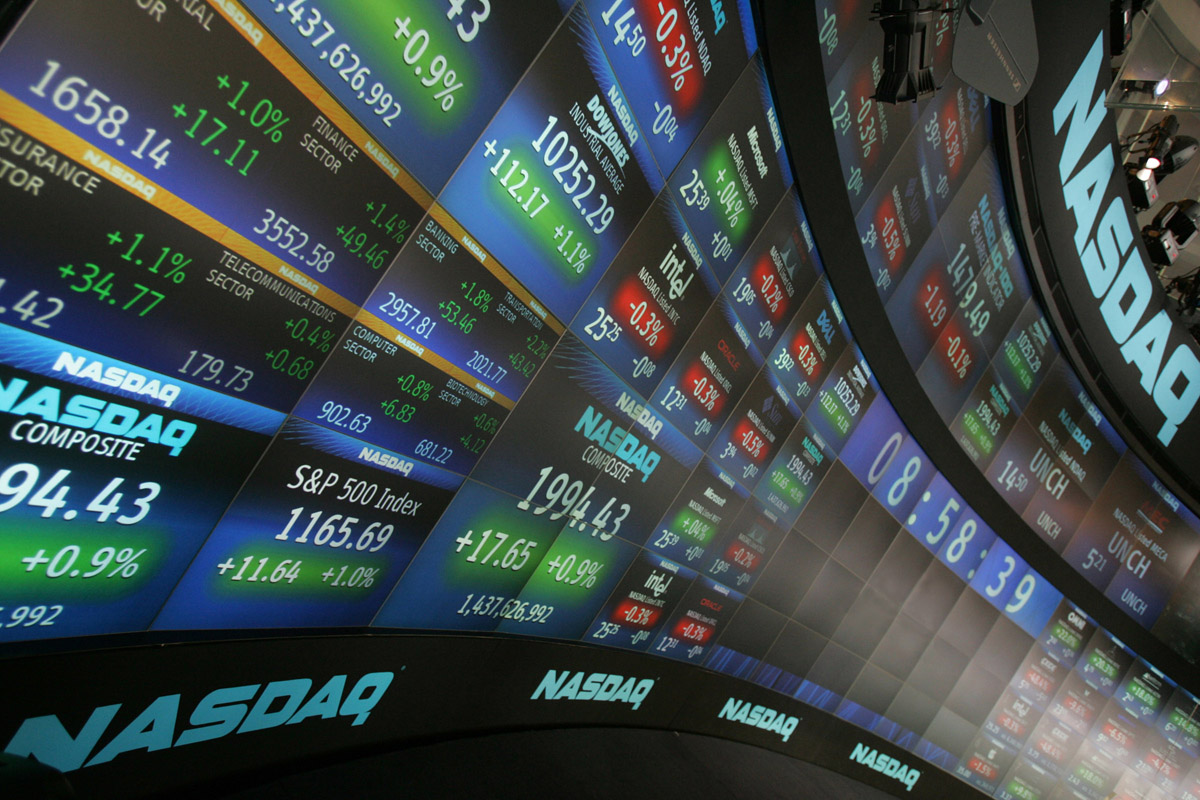2 Questions for Warren Buffett
I discovered some interesting reading in Warren Buffett’s recent annual report from Berkshire Hathaway. I have read this report for years and always find it to contain valuable information. I found some of his comments in this recent report rather intriguing given how he threw himself out to be a political ping pong as of late.
When you open the report, one thing stands out right away. Just look at how Berkshire’s performance compares to the S&P 500 from 1964 to 2011. The difference is astronomical. Over that period, Berkshire generated a 513,055% total return compared to the S&P 500 at 6,397%. This translates to compounded average annual gains of 19.8% compared to 9.2%. Having a history in the investment world, these numbers are super impressive, and they lend Warren an immense amount of respect and financial acumen.
On page 18 of the report, Warren talks about investments that never produce anything but will get purchased because the investor hopes the price will go up. Increasing prices on an asset that doesn’t produce anything only happens when many others want to buy it too and drive the price up. One asset that is representative of this is gold. Warren says “Gold, however, has two significant shortcomings, being neither of much use nor procreative” and “if you own one ounce of gold for an eternity, you will still own one ounce at its end.”
He then goes on to compare the cumulative stock of gold (worth about $9.7 trillion) with what productive assets you could buy. With that amount you could get 400 million acres of US cropland and 16 ExxonMobils (worlds most profitable company). The land would produce $200 billion, and all the ExxonMobils would produce $640 billion per year. That is $840 billion returned to you every year for the same investment amount compared to getting back zero from your gold.
I agree with his thinking here. Given these statements and an earlier comment in the report stating he is giving most of his money to philanthropies, I have two questions for Mr. Buffett.
First, given this line of thinking about spending money on productive assets, whether I had $5 million or $5 trillion to spend, invest, or be taxed, wouldn’t you rather have it in the hands of a productive producer for society (like yourself) rather than a non productive producer for society like the US government ?
Second, if you think we should have an estate tax on successful people like yourself then why are you not giving all your estate to the US Government instead of giving it to productive, accountable charities like the Gates Foundation which takes great pains in making sure their money is spent productivily?
 We have been overwhelmed by the reports and video’s coming from Japan. So many people are carrying heavy hearts for what the Japanese people are experiencing, and will continue to experience as they rebuild their lives and their homes. We all wish major blessings and much inner strength to all of Japan, and to our
We have been overwhelmed by the reports and video’s coming from Japan. So many people are carrying heavy hearts for what the Japanese people are experiencing, and will continue to experience as they rebuild their lives and their homes. We all wish major blessings and much inner strength to all of Japan, and to our 